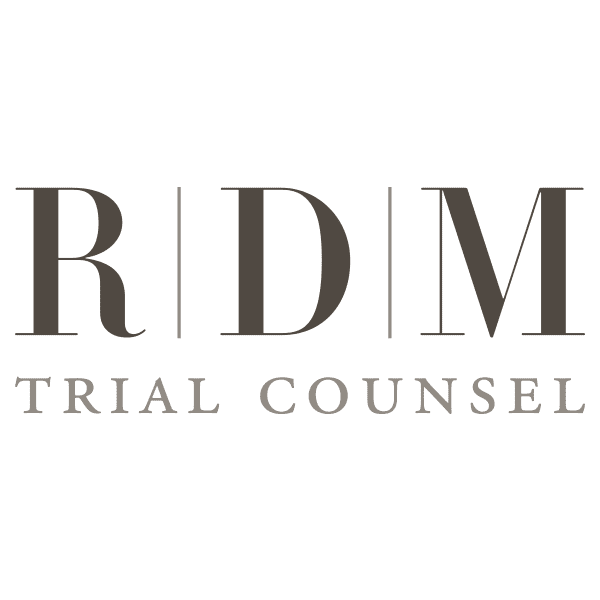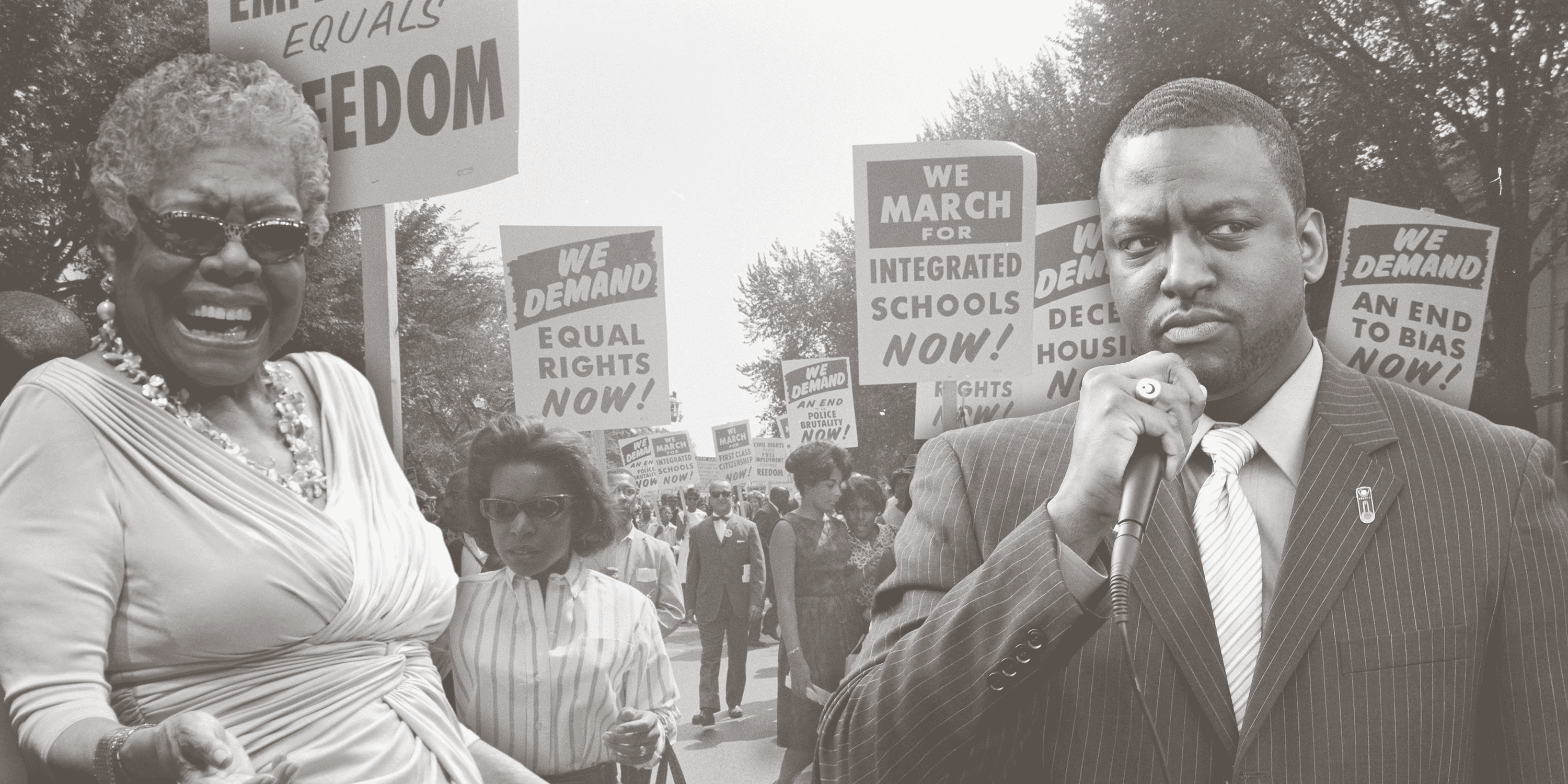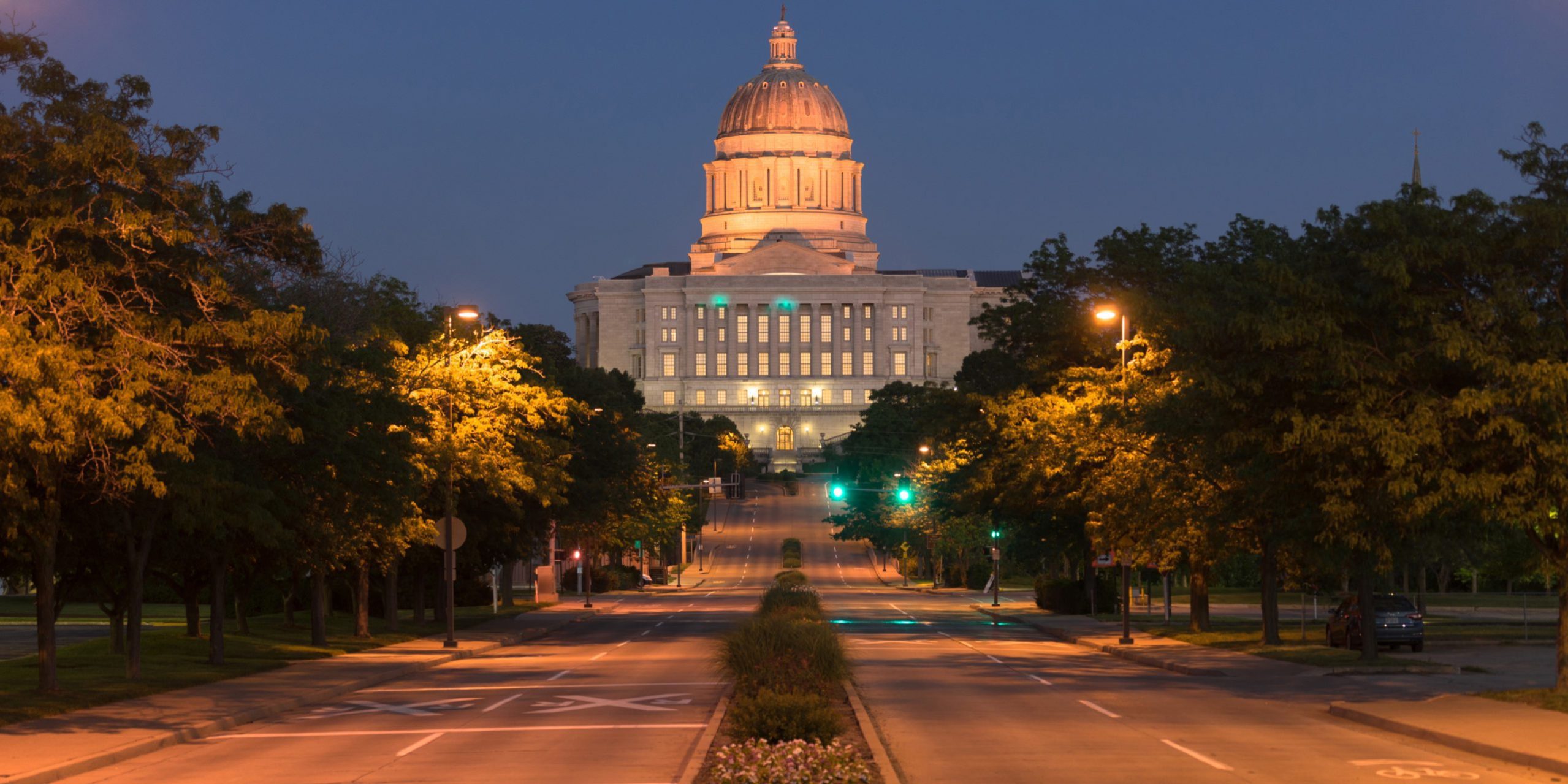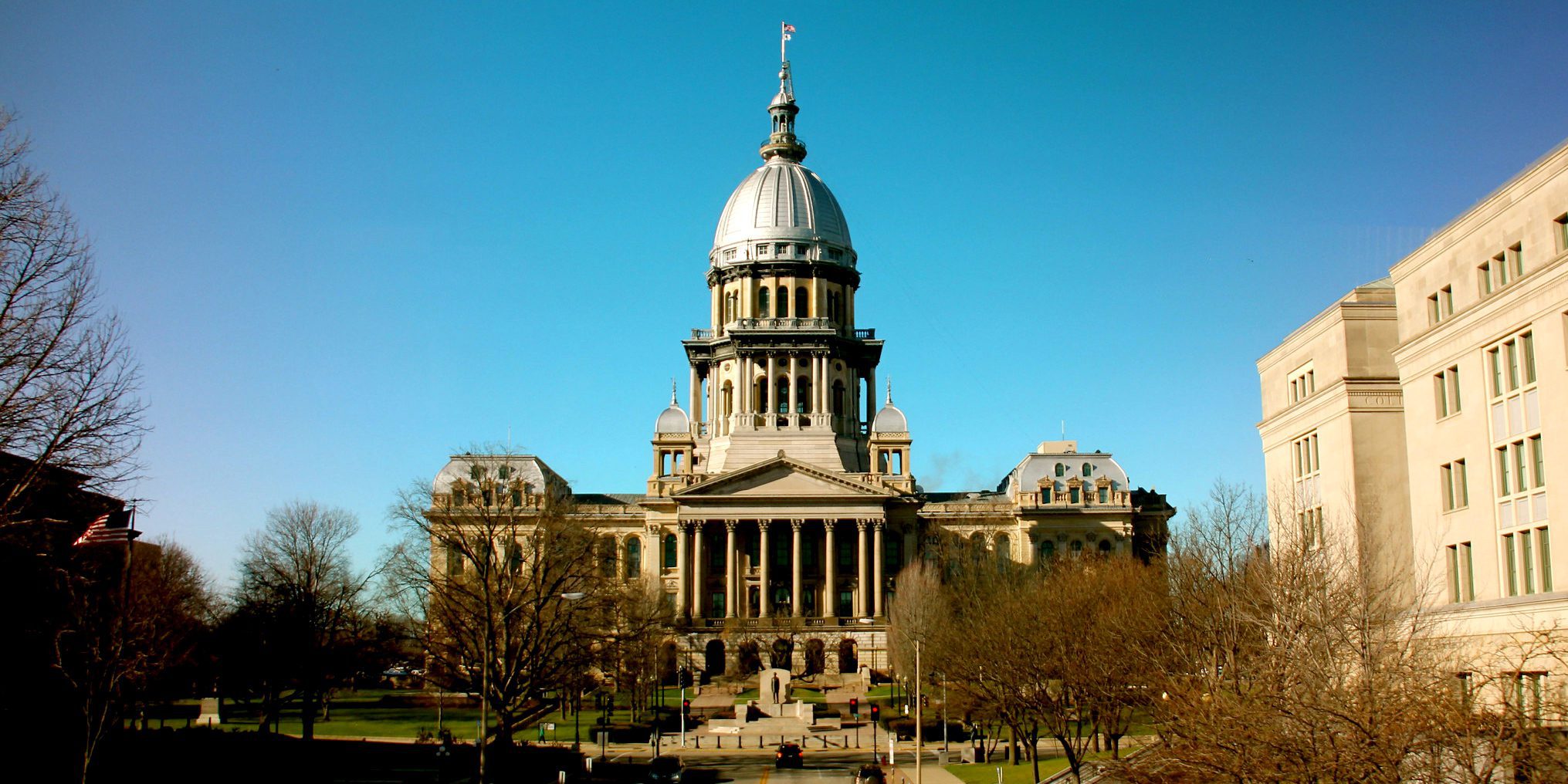February will always be that sacred time of year when we reflect on and celebrate Black History. Thanks to the contributions and sacrifices of those that came before me, I got to enjoy a childhood that was, for the most part, insulated (no pun intended) from the ghosts of this country’s racist past. I was born in the 90s—over 30 years after Dr. Martin Luther King, Jr.’s iconic March on Washington. I grew up in a military family, no less, so there was no shortage of diversity in the communities we lived in. I certainly wasn’t oblivious to the Civil Rights Movement—and my parents made darn sure I knew about it—but to say that I’d lived it, or even witnessed it with my own eyes, simply wouldn’t be true. Looking back on it, though, I realize that my childhood was a living testament to the dream Dr. King spoke of on the steps of the Lincoln Memorial all those years ago. It’s not something I take for granted, but as I grew into adolescence and adulthood, I had to come to terms with the inevitable conclusion that there is still much to do.
It’s the collective experience and sacrifices of those great individuals that came before us, including Dr. King, Thurgood Marshall, Harriet Tubman, Malcolm X, Rosa Parks, Muhammad Ali, and so many others, that help us make sense of the world we live in today. We all are immeasurably blessed that their legacies are something we have the chance to reflect on with the benefit of hindsight. Even in today’s climate of social unrest, there is much we can learn from the way these Black heroes lived their lives that will enrich and empower us, as we carry on through our own.
I know I am far from the only person who has struggled with frustrations when they see the systems in this country were set up in a way that benefits some to the detriment of others. And I don’t mean “see” like you read it in a book or online. I mean taking a drive down Troost Avenue in Kansas City, Missouri, in 2023 and seeing, with your own eyes, the ever-present effects of redlining practices that took place decades ago. I mean learning about (and visiting) Tulsa, Oklahoma. I know that I (and many others) have spent nights agonizing over America’s insatiable appetite for unrestrained cruelty, particularly where Black lives and blue lives are concerned. The likes of Keenan Anderson, George Floyd, Breonna Taylor, Tamir Rice, Philando Castile, Stephon Clark, Alton Sterling, Eric Garner, Trayvon Martin, and many others each serve as painful reminders that as far as we’ve come, there is still some way to go.
For many, accepting this reality means you’ve inevitably dealt with those same feelings of frustration, and at its worst, resentment. But what do you do with those negative emotions? I encourage anyone that has felt (or is feeling) this way to take this month to reflect on the lessons we can learn in Black history. To put this in perspective, I will share a discussion I was lucky to have with Dr. Yusef Salaam—one of the “Exonerated (Central Park) Five” during a visit he took to KU in February 2020, during my last year of law school. There, I asked him how on Earth he emerged on the other side of a wrongful conviction, losing years of his life in prison, and being vilified in a page one newspaper article by (at the time) the sitting President of the United States—who to this day has never issued any kind of apology. How did he suffer through all of that without being vengeful towards the inequitable systems in this county that allowed that to happen? His response to me was a quote he learned from Dr. Maya Angelou:
“You should be angry. You must not be bitter. Bitterness is like a cancer. It eats upon the host. It doesn’t do anything to the object of its displeasure. So use that anger. You write it. You paint it. You dance it. You march it. You vote for it. You do everything about it. You talk it. Never stop talking it.”
And that’s exactly what Dr. Salaam did. He read, and he wrote, and he never stopped talking about it. That is how he overcame his struggle and went on to inspire a generation—myself included. And therein lies the beauty of Black history. Behind every great man or woman in history was someone that inspired them to act in kind. In this sense, Black history is not something distant or perpetually suspended within the ambit of the Civil Rights Movement. It’s always being made. From Dr. Angelou to Dr. Salaam, and from Dr. Salaam to myself—it’s Black people inspiring those that follow after that constitutes Black history. It’s something that should always be celebrated, shared, and in times of strife, should be looked to for wisdom and clarity. I thank Dr. Angelou because her words gave grace and clarity to frustrations I’d carried in my heart for years. I also thank Dr. Salaam for being the vessel through which her words could flow in ways that not only inspired and changed the course of his life but also touched on mine.
I am certain there is something for all of us to learn this month that will revitalize our collective spirit and inspire us as we carry on through this year. We only have so much time on this earth, and the clock is ticking inexorably toward our journey’s end. To that end, I would encourage anyone to be proactive and seek out ways we can learn from and emulate our predecessors. It is incumbent on all of us to ensure that their legacy lives on. Whether that be reading about these Black revolutionaries online, conversing with a colleague, or simply watching a Netflix documentary—what can you learn from those that came before, and how can you ensure those lessons are passed on to those that follow after?
This article was originally published in the February 2023 issue of DRI’s The Voice. Dillon is a member of DRI’s Diversity and Inclusion Committee.








